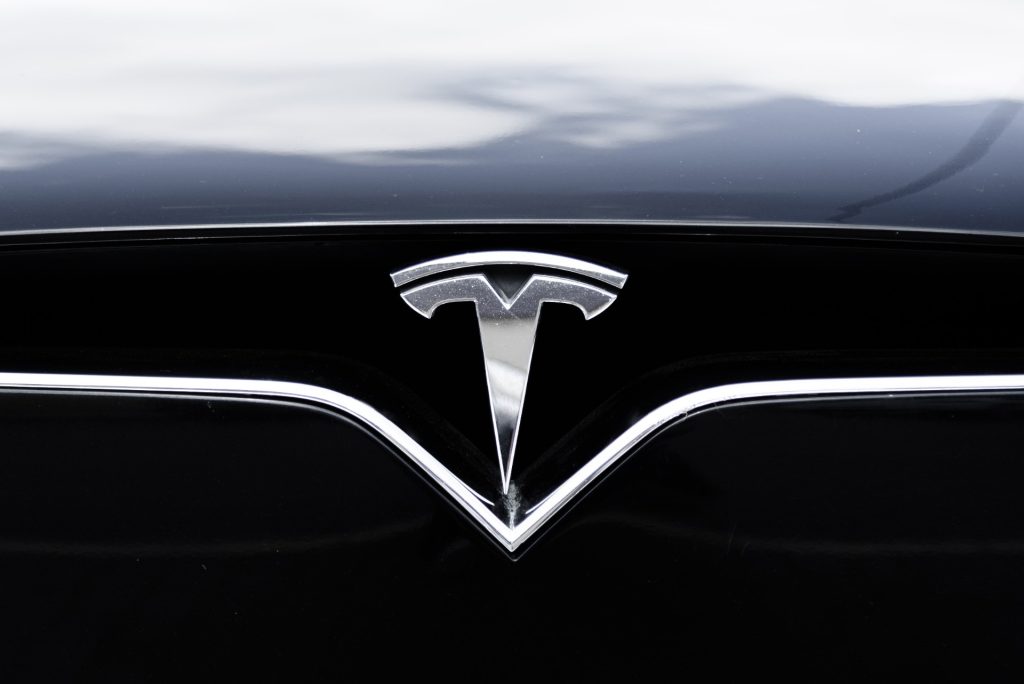Both Volkswagen and Tesla have faced challenges in the German market.
Others are reading now
In 2024, Germany’s electric vehicle (EV) market has seen significant shifts among leading automakers.
Volkswagen and BMW have surpassed Tesla in EV registrations, according to data from the German Federal Motor Transport Authority (KBA).
Surpasses Tesla
Volkswagen registered approximately 49,200 fully electric vehicles, while BMW recorded 33,167 units. In contrast, Tesla’s registrations declined to 31,461 vehicles over the same period, according to El Economista.
Despite these gains, both Volkswagen and Tesla have faced challenges in the German market. Volkswagen’s EV registrations decreased by 9,400 units compared to the previous year, and Tesla’s fell by 23,300 units.
Also read
BMW, however, experienced growth, with an increase of 6,600 units year-over-year.
The broader European EV market has encountered obstacles in 2024. In the first half of the year, battery electric vehicle (BEV) sales in Germany declined by 16.4% compared to the same period in 2023.
This downturn has been attributed to the phasing out of government subsidies for electric vehicles, which previously incentivized consumers to adopt EVs. The removal of these incentives has led to a slowdown in EV adoption across the country.
Competition From China
Additionally, the European automotive industry is grappling with increased competition from Chinese manufacturers.
Chinese automakers have expanded their presence in the European market, offering competitively priced EVs that appeal to cost-conscious consumers.
This influx has intensified competition and pressured European manufacturers to innovate and reduce costs.
Tesla has also faced challenges in the European market. The company has experienced a decline in market share due to increased competition and changing consumer preferences.
In July 2024, BMW surpassed Tesla in European EV sales for the first time, selling 14,869 electric vehicles compared to Tesla’s 14,561 units. This shift highlights the evolving dynamics within the European EV market.
In the United States, Tesla’s stock experienced a significant surge following the recent presidential election.
The company’s shares rose over 15% in pre-market trading on November 6, 2024, after the announcement of former President Donald Trump’s election victory.
‘This increase reflects investor optimism about potential policy changes that could benefit the automotive industry.


